The second track diplomacy
Almost all significant events in international life are preceded by a deep analytical study. It is not marked in the information space, poorly presented in the news feed, and is not discussed in a wide public space. Nevertheless, the signing of agreements, trade agreements, and investment transactions is preceded by a cycle of expert diplomacy, when the outline of certain issues is worked out at the specialist level. Undoubtedly, the final decisions are made by the authorized heads of State. But expert diplomacy occupies a very important place in the system of international cooperation. Oleg Makarov, Director of the Belarusian Institute of Strategic Research, speaks about the work of domestic analysts in the international arena.
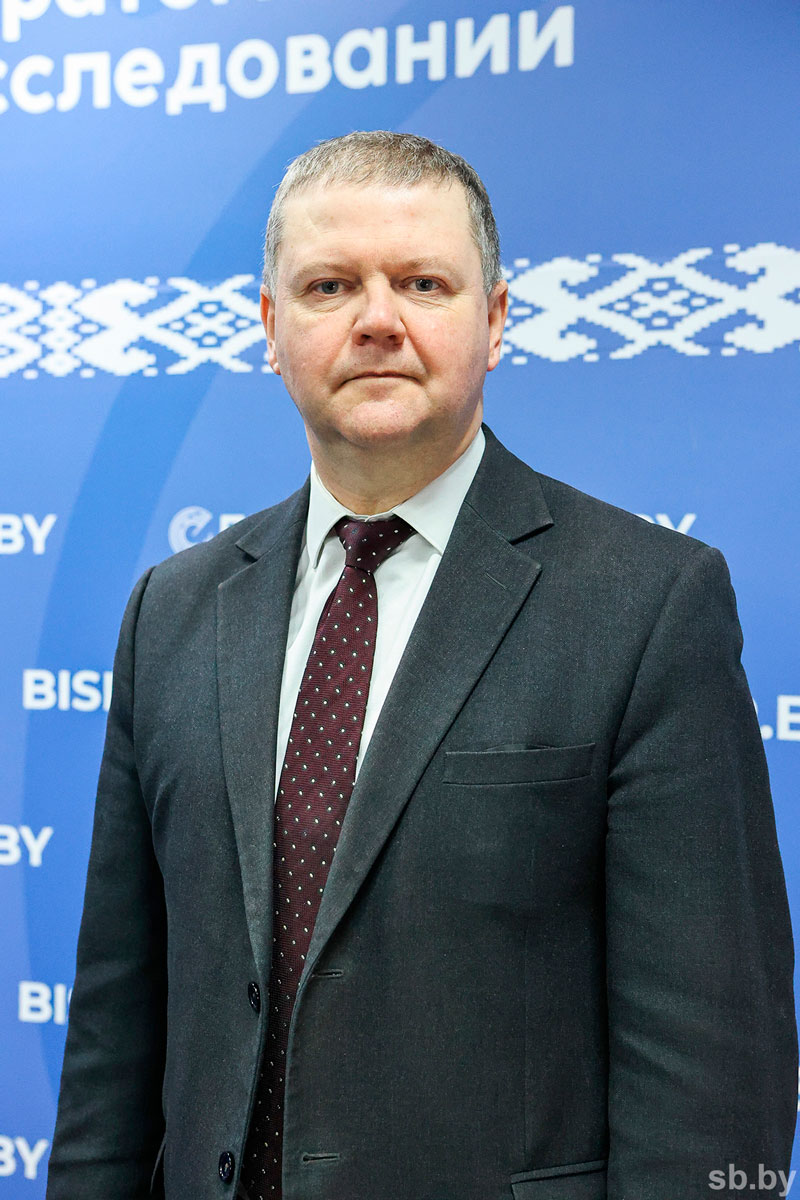
— Analytics is a transnational activity by its nature. And almost every country has its own, as they say now, "think tank", which at the expert level represents the state in the international arena, promotes its interests. When communicating with colleagues from other countries, analysts compare positions, look for common ground, work out options and models of cooperation.
BISR organically and firmly joined the international "guild of analysts" and took a worthy place there, which we actively use to promote the interests of Belarus in various regions.
Expert diplomacy is a continuous process, and it is gaining increasing importance and influence amid permanent and exponentially increasing informational and ideological confrontation. Behind the irresponsible propaganda, the mass of inaccurate, biased, fake information, it is increasingly difficult to grasp the true processes in international life. And this requires expert diplomacy.
It is important that in the context of dynamic construction of a new world order, expert diplomacy (or, as it is also called, the second track diplomacy) increasingly complements traditional channels of external communication and serves as a useful auxiliary tool for crisis dialogue. Therefore, we are always ready to work closely with the Ministry of Foreign Affairs and help our diplomacy. By the way, we have developed very constructive and good relations with the Foreign Ministry, there are points of concerted efforts - we appreciate this very much.
The task of an analyst is not just to talk about the achievements of Belarus, but to form clear and realistic proposals for cooperation. To be ready to answer any questions from partners. Through this communication, we also try to understand and get to know other countries more deeply.
This is painstaking and responsible work, where mutual confidence between analysts and colleagues is very important. And confidence is not easy to earn and maintain. Research and analytical structures operate in very harsh conditions: all past achievements and achievements in the expert community are instantly forgotten, once only one single inaccurate assessment or forecast is given.
The undeniable achievements of Belarus — economic development, an original model of social structure, at the forefront of which is the universal principle of justice — arouse great interest among colleagues and a desire to know our experience more deeply. They are especially interested in this because we have managed to achieve success far from favorable conditions: the lack of large deposits of minerals, problems after the collapse of the Soviet Union, from which we had to "build on" and achieve sustainable growth, being on the geopolitical rift between East and West, South and North. And it is encouraging to see that the Belarusian experience and unique state-building technologies are being carefully studied by our partners.
BISR does not stand still, it constantly improves methodological approaches in analytical work, and embraces new technologies.
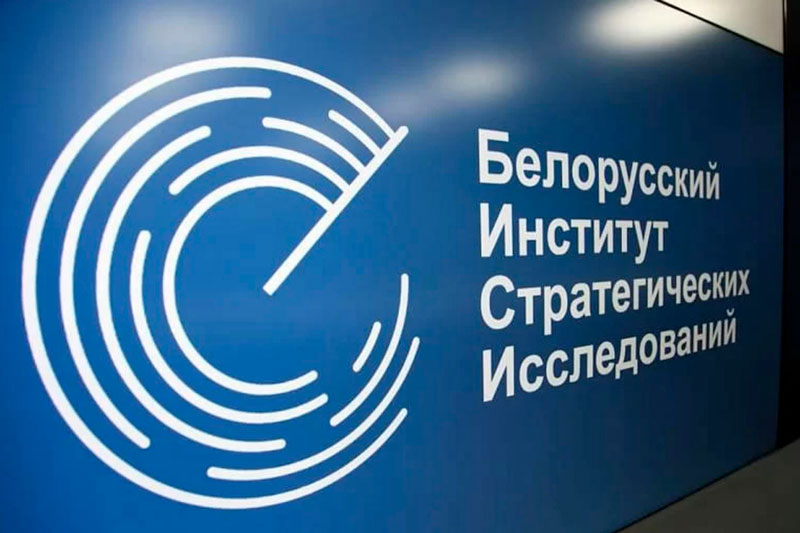
In particular, I can proudly assure you that the Institute has made significant progress in digital analytics compared to many partners, and we use only domestic software products. We share our experience and achievements with our colleagues, and we always study and evaluate their successes. Last year, BISR held an international conference of research and analytical structures, which was attended by colleagues from more than 20 countries, and seriously discussed the most pressing professional issues. Such events show confidence in us in the international arena and provide an opportunity to effectively promote national interests through expert diplomacy.
COMPETENT OPINION
Vitaly Stakhovsky, Deputy Director of the Belarusian Institute of Strategic Research:
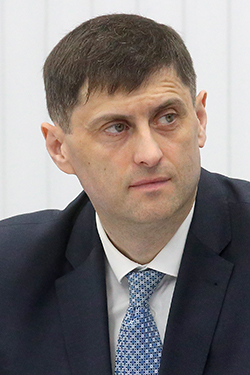 — The logic of modern reality and competition without rules force us to look for comprehensive approaches to protecting national interests. These approaches involve relying on traditions and introducing new foreign policy mechanisms and strategies, which include expert diplomacy. Its essence is international cooperation at the level of analytical centers, the expert community and academic circles.
— The logic of modern reality and competition without rules force us to look for comprehensive approaches to protecting national interests. These approaches involve relying on traditions and introducing new foreign policy mechanisms and strategies, which include expert diplomacy. Its essence is international cooperation at the level of analytical centers, the expert community and academic circles.
Expert diplomacy is important for establishing a confident dialogue, understanding the interests of partners, and working out compromise solutions. It is in demand in modeling and forecasting the situation, developing scenarios for a systemic response to threats, and building long-term development strategies.
The internal prerequisites for the development of the expert diplomacy system in Belarus were the formation of the Belarusian expert community itself. The proof of this is the decision of the President of the Republic of Belarus to establish the Belarusian Institute of Strategic Research.
Svetlana Chupsheva, Director General of the Agency for Strategic Initiatives (Russian Federation):
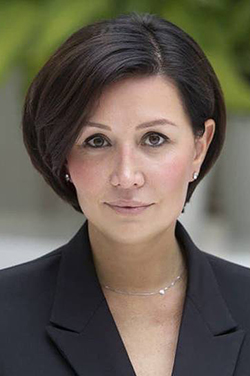 — We cooperate with BISR in many areas, learn from each other, share the best solutions and practices.
— We cooperate with BISR in many areas, learn from each other, share the best solutions and practices.
I am sure that such expert diplomacy is especially important today — it helps to more quickly promote various initiatives and projects aimed at improving the quality of life of people, supporting youth, and developing strategic sectors of the economy.
In turn, the Agency for Strategic Initiatives is interested in the experience of the Belarusian Institute of Strategic Research in developing programs and determining priorities in the social sphere of the Republic of Belarus, in how they are consolidated at the legislative level and applied in the country.
Khalid Taimur Akram, Executive Director of Pakistan Research Center for a Community with Shared Future:
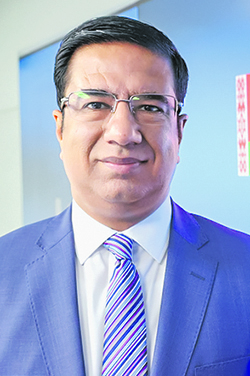 — BISR plays an important role in strengthening relations between countries and a harmonious global political landscape. The Institute's international activities contribute to the development of expert diplomacy, as well as the formation of a positive image of Belarus in the international arena.
— BISR plays an important role in strengthening relations between countries and a harmonious global political landscape. The Institute's international activities contribute to the development of expert diplomacy, as well as the formation of a positive image of Belarus in the international arena.
BISR is deeply immersed in analyzing the current geopolitical situation and understanding advanced political and economic concepts, actively participates in solving relevant international problems, creating a constructive environment for sharing information and ideas.
Yang Mingjie, President of the Chinese Academy of Modern International Relations:
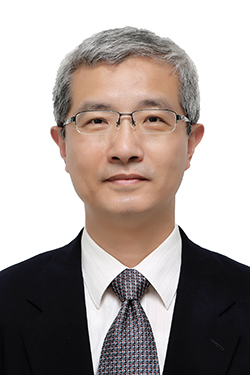 — KASMO appreciates the traditional friendship with the Belarusian side and attaches great importance to cooperation with BISR. Immediately after establishing the Belarusian Institute of Strategic Research, KASMO delegation visited the Institute and signed a Memorandum of cooperation with it. Since then, the two organizations have maintained close cooperation. In September 2023, BISR Director Oleg Makarov, headed a delegation of the Institute during their first visit to China. By signing a new Memorandum, we opened a new era of cooperation between the two organizations.
— KASMO appreciates the traditional friendship with the Belarusian side and attaches great importance to cooperation with BISR. Immediately after establishing the Belarusian Institute of Strategic Research, KASMO delegation visited the Institute and signed a Memorandum of cooperation with it. Since then, the two organizations have maintained close cooperation. In September 2023, BISR Director Oleg Makarov, headed a delegation of the Institute during their first visit to China. By signing a new Memorandum, we opened a new era of cooperation between the two organizations.
Vijay Thakur Singh, Director General of the Indian Council for World Affairs, Ambassador:
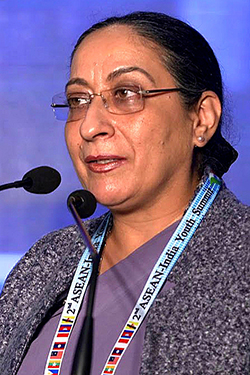 — We appreciate the partnership with BISR and hope that cooperation between our organizations will strengthen the Belarusian- Indian friendship, as well as create a platform for dialogue on the global and regional agenda.
— We appreciate the partnership with BISR and hope that cooperation between our organizations will strengthen the Belarusian- Indian friendship, as well as create a platform for dialogue on the global and regional agenda.
Nguyen Chien Thang, Director General of the Institute for European Studies at the Vietnam Academy of Social Sciences: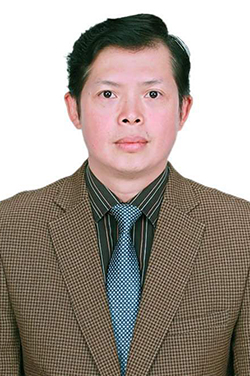 — Information and analytical activities have earned the institute well-deserved respect in the scientific community in Belarus and abroad. The high professionalism and systematic approach inherent in BISR are widely known.
— Information and analytical activities have earned the institute well-deserved respect in the scientific community in Belarus and abroad. The high professionalism and systematic approach inherent in BISR are widely known.
Yerkin Tukumov, Director of the Kazakhstan Institute for Strategic Studies under the President of Kazakhstan: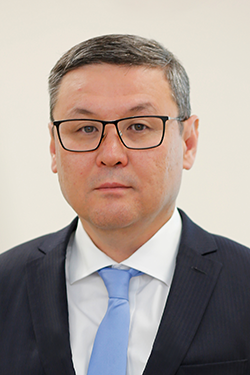 — The Belarusian brain trust has rightfully earned the status of one of the leading "think tanks" in Eurasia due to the high professionalism of the Institute's management and experts. Interaction of our institutes makes a significant contribution to strengthening bilateral relations between Kazakhstan and Belarus.
— The Belarusian brain trust has rightfully earned the status of one of the leading "think tanks" in Eurasia due to the high professionalism of the Institute's management and experts. Interaction of our institutes makes a significant contribution to strengthening bilateral relations between Kazakhstan and Belarus.

